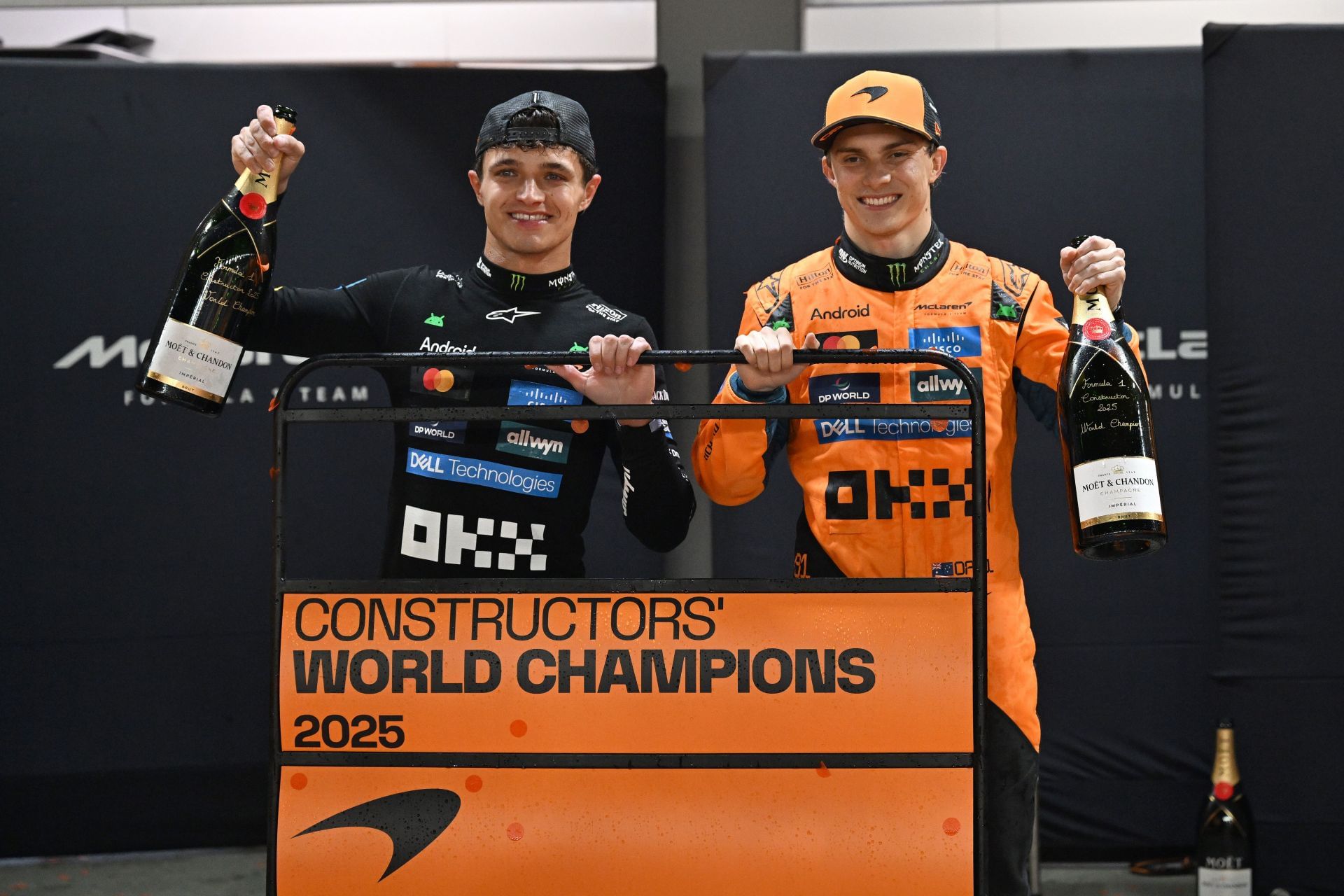How has RSE achieved such remarkable growth and momentum in recent years?
Ross-shire Engineering (RSE) began life in 1982 in Muir of Ord, Scotland. Over the decades, it’s evolved from a regional engineering firm into a leader in water and wastewater treatment, renewables, and infrastructure projects. Its recent trajectory has been striking: more than 70% organic growth, supplemented by 18 UK acquisitions since 2019, and the backing of private equity firm MML Capital.
“Our success comes down to combining hard-won engineering expertise with a disciplined, targeted acquisitive strategy,” the company explains. “Joining Envoy Group gave us more flexibility to pursue growth opportunities, and our approach to integrating new businesses is now tried and tested.”
Crucially, RSE’s leadership says, the company doesn’t view acquisitions as takeovers. “We firmly believe in culture and allowing brilliant people the space to do what they’re best at. RSE’s strength and depth should act as an enabler – giving the talent within acquired companies a bigger stage to thrive on.”
What key strategies have contributed most to the company’s ongoing success?
For RSE, growth is inseparable from people. The company has built its momentum on what it calls a “Servant Leadership” model – one that places accountability and autonomy in the hands of employees.
“Putting the needs and growth of our people first has allowed us to build a strong, cohesive, and motivated workforce,” says the team. “By decentralising accountability, we empower individuals and improve both customer experience and financial performance.”
That approach has had practical results. When a graduate engineer proposed a new continuous bus-bar system to simplify complex power distribution, RSE backed the idea – creating a plug-and-play solution that cut installation costs and boosted efficiency. “Ideas can come from anywhere,” they say, “and it’s our job to create a culture where everyone has a voice.”
How does RSE balance rapid growth with maintaining quality, consistency, and customer satisfaction?
Maintaining standards amid fast expansion requires structure and trust. “The key is alignment,” RSE explains. “You can’t scale without trust – and that means being clear on values, expectations, and purpose. Our teams know that quality and safety aren’t negotiable, even as we grow.”
With a large and growing workforce, how does RSE keep teams motivated and aligned?
Culture, they say, is not an afterthought but the foundation of the company’s success. “We celebrate entrepreneurialism and the experts who drive everything we do. People need to feel genuine ownership at every level. That’s how you stay motivated – when you can see the impact you’re making.”
How does the company cultivate leadership and talent internally?
By focusing on empowerment rather than hierarchy. “Leadership here isn’t just about seniority; it’s about influence and accountability,” RSE says. “We’ve built systems to recognise and promote leaders from within, because that’s how you create sustainable growth.”
What challenges has RSE faced while scaling – and how has it overcome them?
Integration is always a challenge when acquisitions are involved. “Each new business brings its own culture and strengths,” the company admits. “Our job is to preserve what makes them special while aligning them to our shared mission. It’s not easy, but it’s worth it.”
RSE is known for innovation. How have these breakthroughs shaped your growth and market position?
Innovation sits at the heart of RSE’s rise. The company’s modular and asset management technologies have made it a go-to partner for complex water projects.
Among its breakthroughs are the m-CTU, the world’s first modular ceramic treatment unit, and the m-MBBR®, a prefabricated wastewater treatment system that can be used on new or existing sites. Both technologies offer flexibility, scalability, and cost-effectiveness – particularly in rural settings.
“Our modular approach allows us to deliver projects faster and more efficiently,” they explain. “It’s not just innovation for its own sake – it’s about creating lasting value for customers and communities.”
RSE recently expanded into the US. What does this mean for the business?
In August, RSE opened its first US office in Milwaukee, marking a major step in its global expansion. The company also formed a strategic partnership with Biomatrix Water Solutions, a Forres-based specialist in floating ecosystem technology.
“Biomatrix’s work is extraordinary,” says RSE. “Their installations use recycled and natural materials to improve water quality and biodiversity in polluted freshwater bodies.”
A standout project is Chicago’s “Wild Mile” – a once-industrial stretch of river now transformed into the world’s first floating eco-park. “It shows what’s possible when technology, ecology, and community come together.”
What are RSE’s priorities for the future?
“Our appetite for acquiring the right businesses at the right time is undimmed,” they say. “We’re exploring opportunities that complement our organic growth and strengthen our expertise.”
Water, they add, is an enabler for everything from housing to data centres. “The sector is more important than ever. Our priority is to make the case for better technology to tackle the global water challenges we all face.”
What advice would you give to businesses hoping to grow while making a positive impact?
“It starts with clarity,” RSE says. “Be clear on your objective, nurture the culture required to achieve it, and don’t be afraid to surround yourself with brilliant people. Speak plainly. Give your teams the space and support they need to thrive. Growth follows from that.”
For more information on the E2E Dynamic 100, and to see the full list of winners click here.

.jpeg)






.jpeg?trim=69,0,64,0&width=1200&height=800&crop=1200:800)












.jpeg)














 English (US) ·
English (US) ·